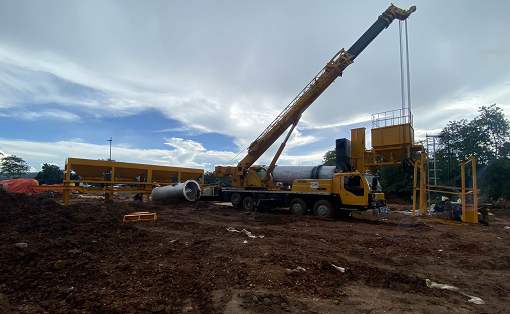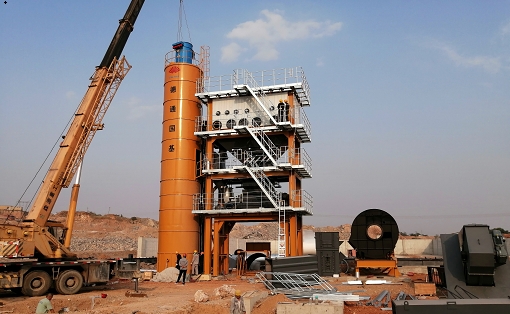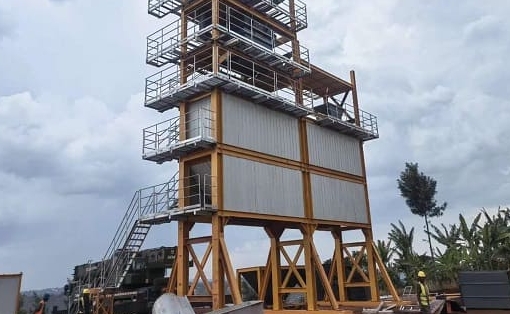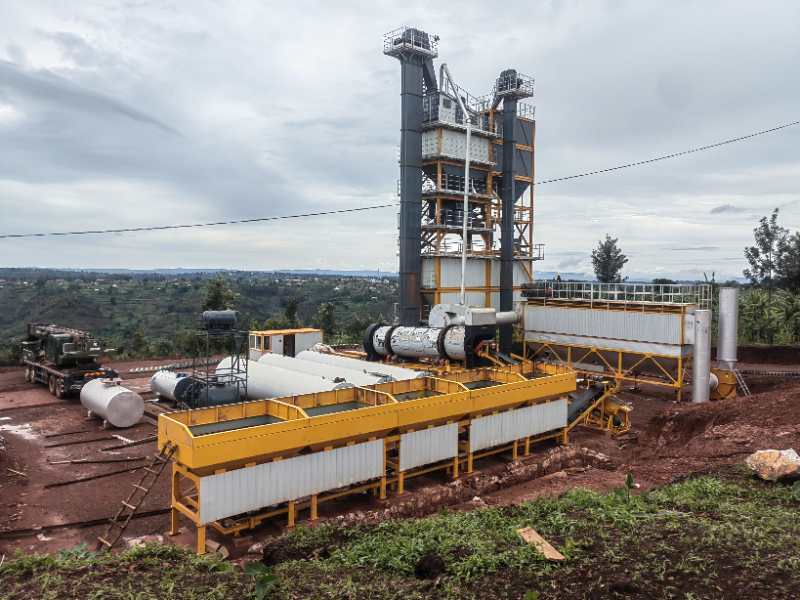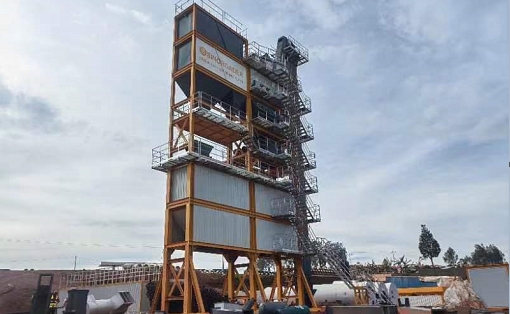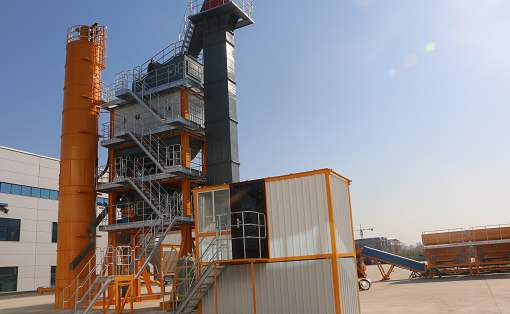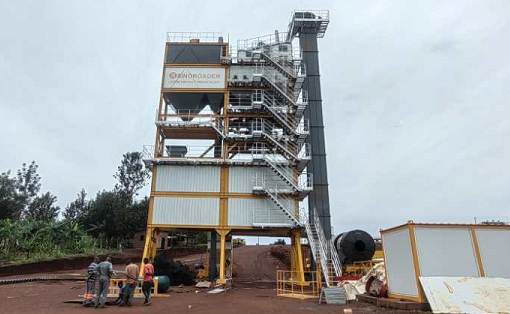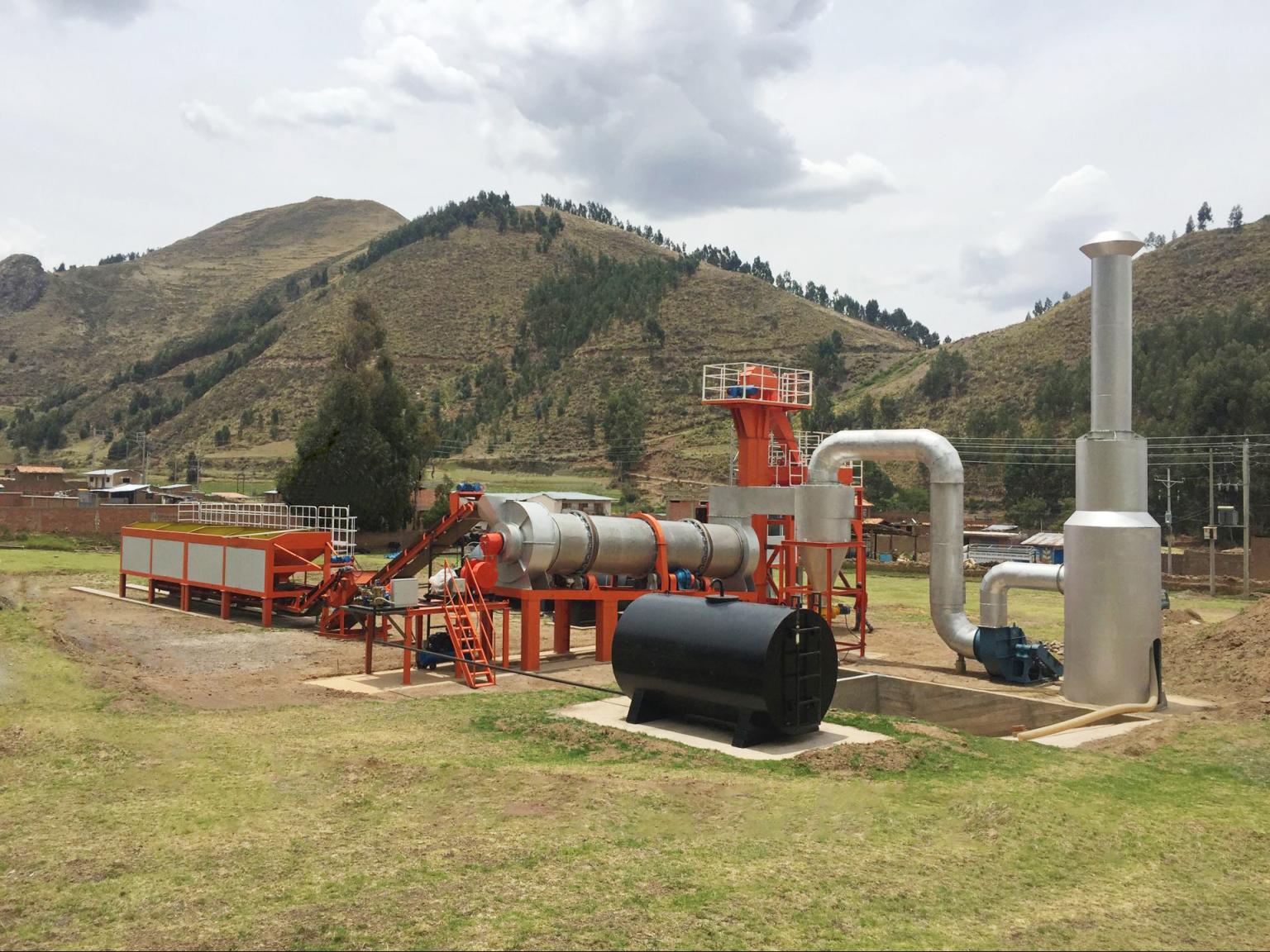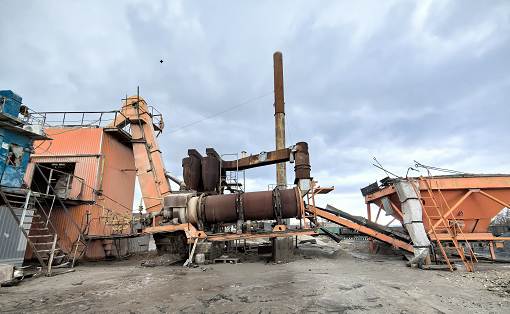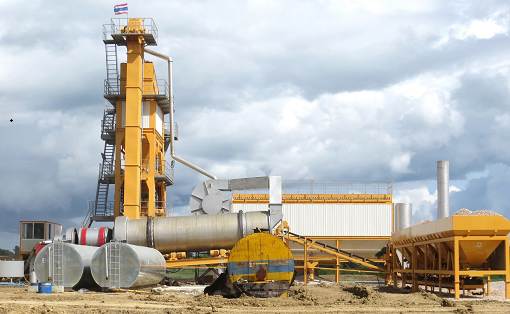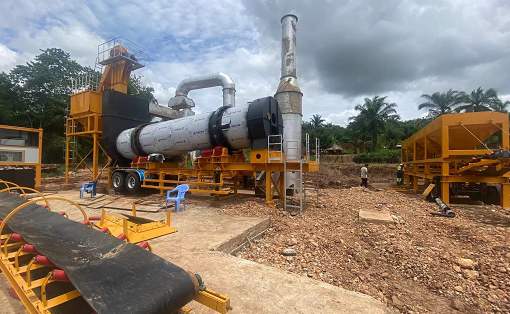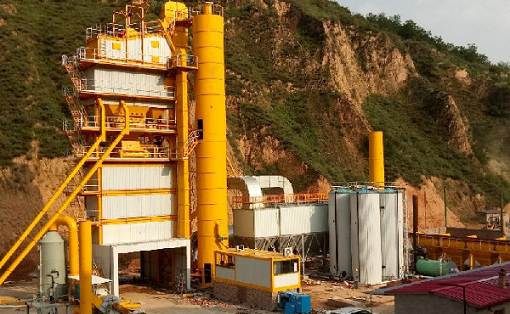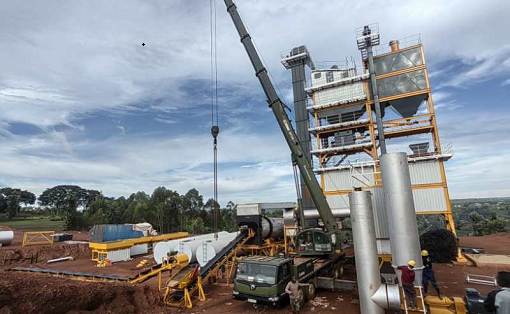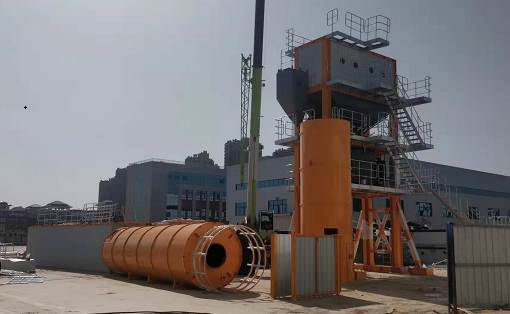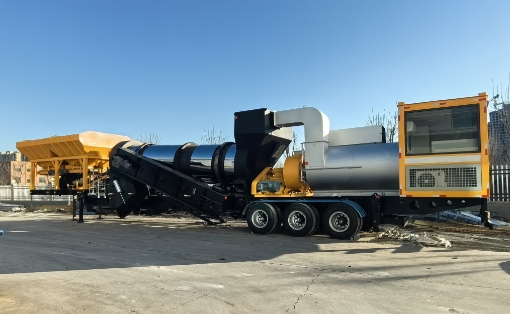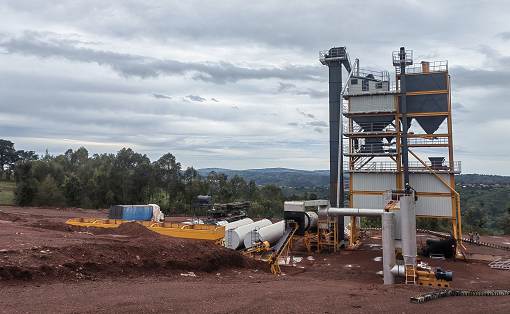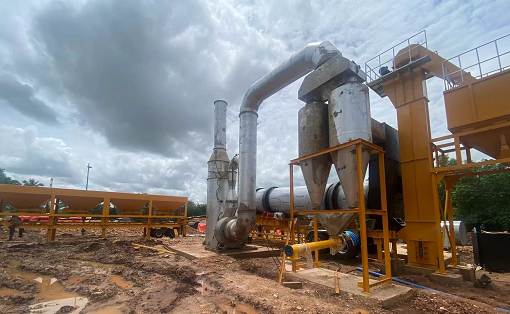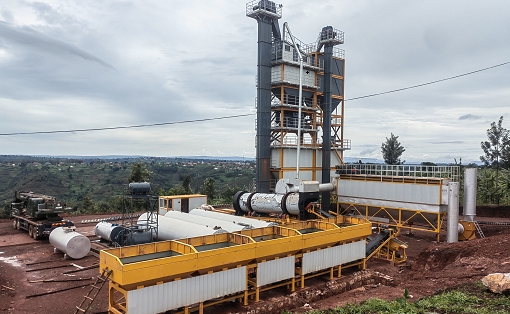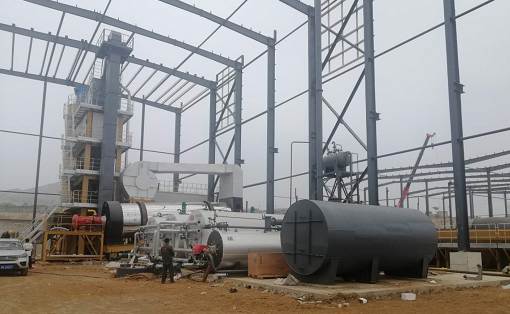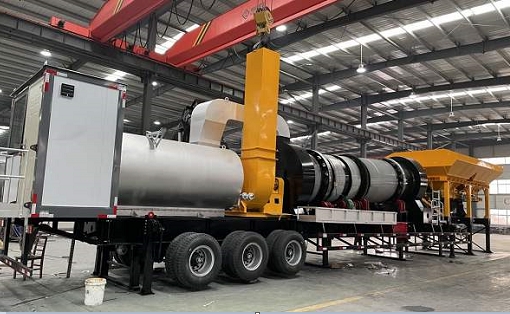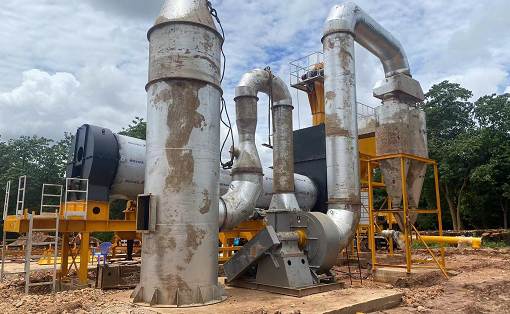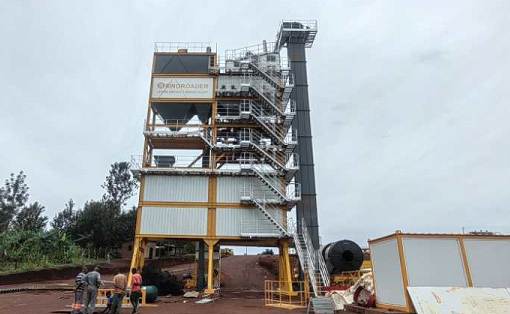Asphalt mixing plant is an important equipment for building various roads and projects
Asphalt mixing plant, also known as asphalt concrete mixing plant, is a complete set of equipment for batch production of asphalt concrete. Its efficient and stable operation is of great significance to ensure the quality of the project. It is mainly used in the construction of highways, grade roads, municipal roads, airports, ports and other projects. According to the mixing method, asphalt mixing plant can be divided into forced intermittent type and continuous production type; according to the transportation method, it can be divided into fixed type, semi-fixed type and mobile type.
The working principle of asphalt mixing plant mainly includes steps such as aggregate processing, asphalt processing and mixture mixing. Specifically, aggregates (such as gravel, crushed stone, etc.) are sent to aggregate bins through conveyors or bucket elevators, and then measured by aggregate metering devices, and a certain amount of aggregates are sent to sub-bins. Asphalt is stored in asphalt bins or oil storage tanks, and is measured by asphalt metering devices, and a certain amount of asphalt is sent to asphalt sub-bins. Finally, according to the ratio requirements, different aggregates are taken out from their respective sub-bins and sent to the mixture mixer through conveyors or bucket elevators for mixing.
Asphalt mixing plant, also known as asphalt concrete mixing plant, is a complete set of equipment for batch production of asphalt concrete. Its efficient and stable operation is of great significance to ensure the quality of the project. It is mainly used in the construction of highways, grade roads, municipal roads, airports, ports and other projects. According to the mixing method, asphalt mixing plant can be divided into forced intermittent type and continuous production type; according to the transportation method, it can be divided into fixed type, semi-fixed type and mobile type.
The working principle of asphalt mixing plant mainly includes steps such as aggregate processing, asphalt processing and mixture mixing. Specifically, aggregates (such as gravel, crushed stone, etc.) are sent to aggregate bins through conveyors or bucket elevators, and then measured by aggregate metering devices, and a certain amount of aggregates are sent to sub-bins. Asphalt is stored in asphalt bins or oil storage tanks, and is measured by asphalt metering devices, and a certain amount of asphalt is sent to asphalt sub-bins. Finally, according to the ratio requirements, different aggregates are taken out from their respective sub-bins and sent to the mixture mixer through conveyors or bucket elevators for mixing.
When using asphalt mixing plants, equipment inspection and safe operation are very important. Before going to work every day, the operating status of the equipment should be checked, including whether the asphalt mixer, dust treatment equipment, batching system, conveying equipment, etc. are operating normally, and whether there are leakage, looseness, etc. in various parts of the equipment. At the same time, operators must wear protective equipment such as safety helmets, protective glasses, protective clothing, etc. as required, and receive safety education and training to understand the sources of danger and preventive measures in the work area.
There are many manufacturers providing asphalt mixing station equipment on the market, such as Fujian Nanfang Pavement Machinery Co., Ltd. and Tai’an Hongjian Machinery Technology Co., Ltd. The asphalt mixing station equipment produced by these manufacturers has different characteristics and advantages, and users can choose according to actual needs.
In general, asphalt mixing stations are important equipment for the construction of various roads and projects, and their efficient and stable operation is of great significance to ensuring the quality of the project.

